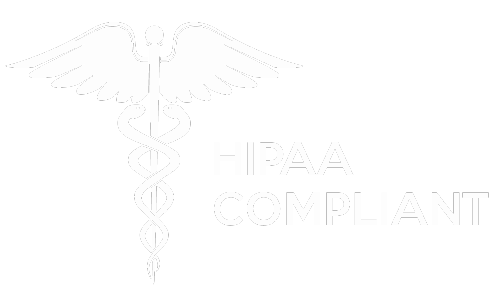NeuroCare.AI
Legal documents
Your privacy is our priority at NeuroCare.AI. We are committed to safeguarding any information you share with us on our website!
HIPAA Compliance Statement
NeuroCare.AI Inc. offers services, such as helping you to connect with healthcare providers (each, “Your Healthcare Provider”) and to communicate, manage and share your health-related information with your Healthcare Providers (“NeuroCare.AI Services“). As part of providing the NeuroCare.AI Services, we may collect, use, share, and exchange your health history forms and other health-related information with your Healthcare Providers. Under a federal law called the Health Insurance Portability and Accountability Act (“HIPAA”), health and health-related information may be considered “protected health information” or “PHI” if such information is received from or on behalf of your Healthcare Providers.
HIPAA protects the privacy and security of your PHI by limiting the uses and disclosures of PHI by most healthcare providers and by health plans (called “Covered Entities”) as well as companies, like NeuroCare.AI Inc., that provide certain types of assistance to Covered Entities (called “Business Associates”). Under certain circumstances described in HIPAA, an individual needs to sign an Authorization form before a Covered Entity, like your Healthcare Provider(s), can disclose protected health information to a third party.
NeuroCare.AI Inc. is committed to and has implemented many safeguards to ensure its devices, services, websites and data systems (collectively “Products”) are compliant with the regulations and conditions set forth in the Health Insurance Portability and Availability Act of 1996 (HIPAA). NeuroCare.AI Inc. is committed to continuous improvement to ensure NeuroCare.AI Inc. Products incorporate state-of-the-art information technology privacy and security measures.
To ensure we are compliant with HIPAA and HITECH Act, ensure that we have the required safeguards in place to protect ePHI, and demonstrate HIPAA compliance to our clients:
- NeuroCare.AI Inc. has developed and implemented a comprehensive HIPAA Compliance Program following the HIPAA Privacy and HIPAA Security Rule – focusing on the administrative, physical and technical requirements of the HIPAA Security Rule as it applies to any potential risk associated with the use of PHI in our business.
- NeuroCare.AI Inc. have a designated HIPAA Privacy and Security Compliance Officer
- NeuroCare.AI Inc. has provided every member of our staff which also includes new hires, annual training.
- NeuroCare.AI Inc. has a formal established Employee Sanctions Policy should any HIPAA compliance violations occur.
- NeuroCare.AI Inc. ensures technological protocols such as: tight access controls, integrity procedures, firewalls, information systems activity monitoring and other audit mechanisms to record access in information systems that use ePHI, use of encryption, automatic logoffs, password management procedures, and VPN tunnel.
- NeuroCare.AI has conducted a formal risk assessment to identify and document any area of risk associated with the storage, transmission, and processing of ePHI and have analyzed the use of our administrative, physical, and technical controls to eliminate or manage vulnerabilities that could be exploited by internal or external threats.
- NeuroCare.AI has limited access to ePHI
- NeuroCare.AI is utilizing HIPAA compliant cloud services for its products.
We are Dedicated to:
- Ensuring we are compliant with the regulatory requirements of HIPAA/HITECH
- Continuing to develop our safeguards to prevent unauthorized access to PHI.
- Adhering to the requirement to encrypt PHI
- Maintaining PHI in a secure environment
- Monitoring access to both the secure environment and the data
We are Confident that Our Comprehensive HIPAA Policies and Procedures Will:
- Ensure the confidentiality, integrity, and availability of all e-PHI we receive, maintain or transmit
- Identify and protect against reasonably anticipated threats to the security or integrity of the information
- Protect against reasonably anticipated, impermissible uses or disclosures
- Ensure compliance of our workforce

